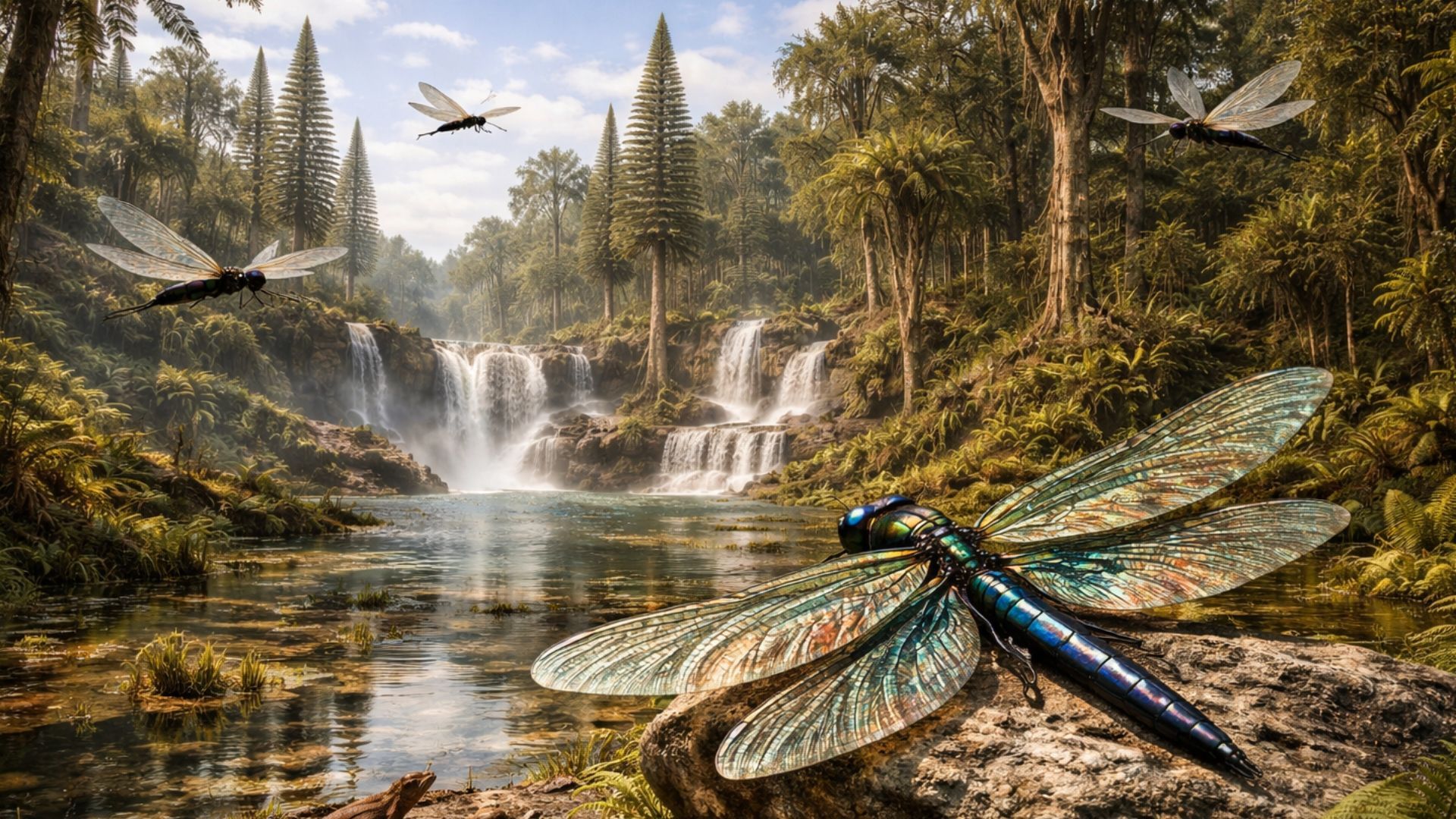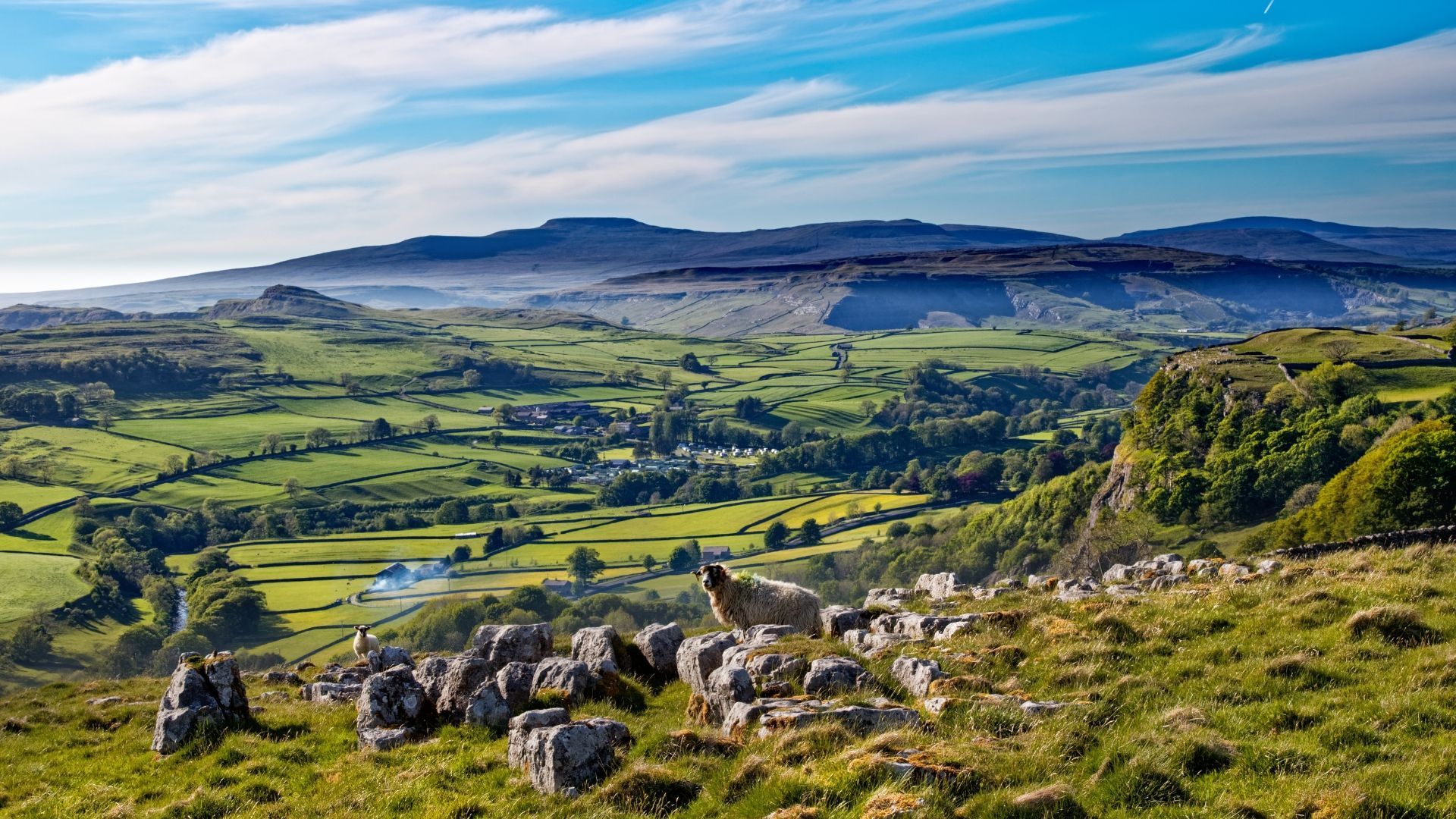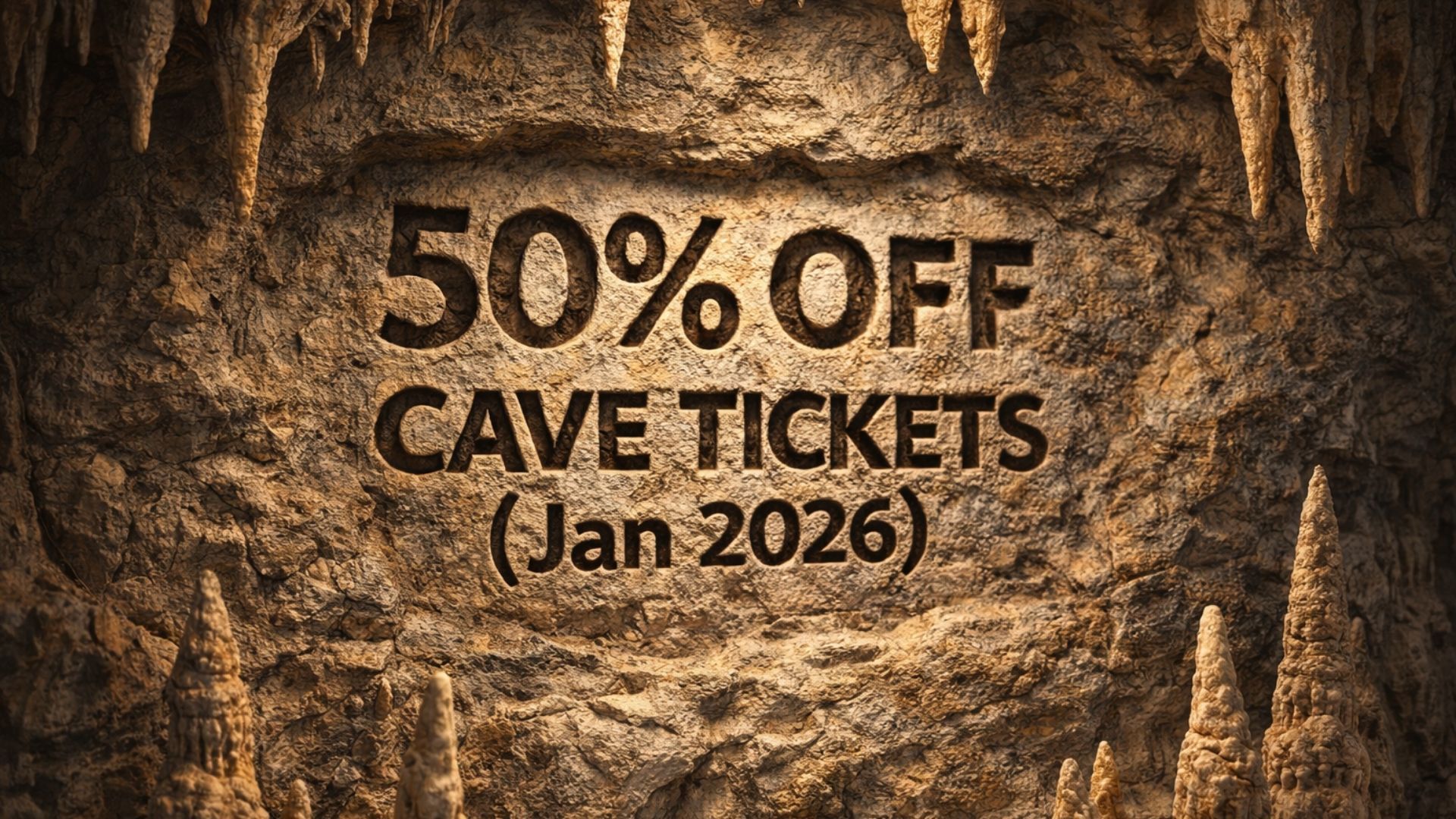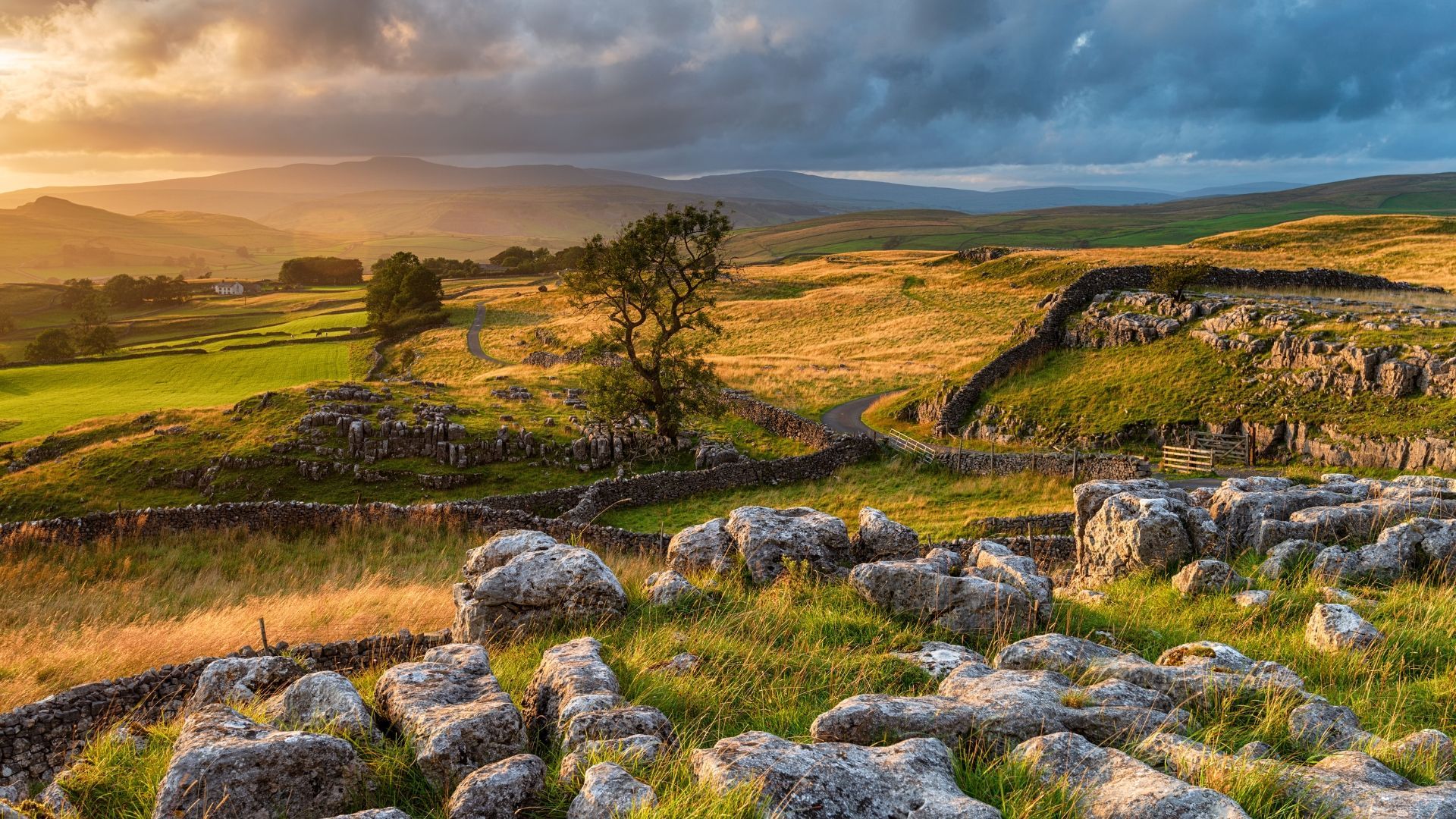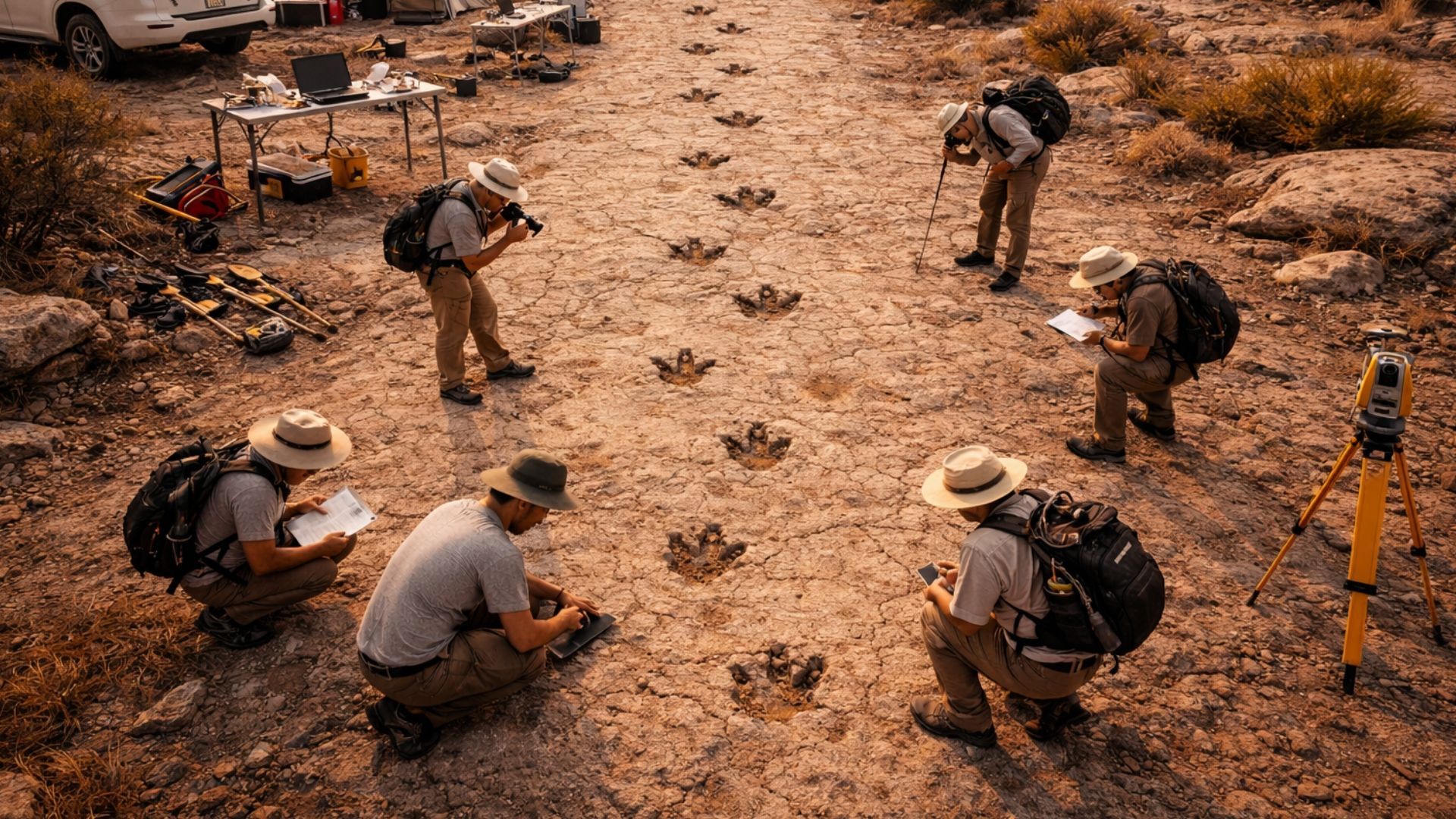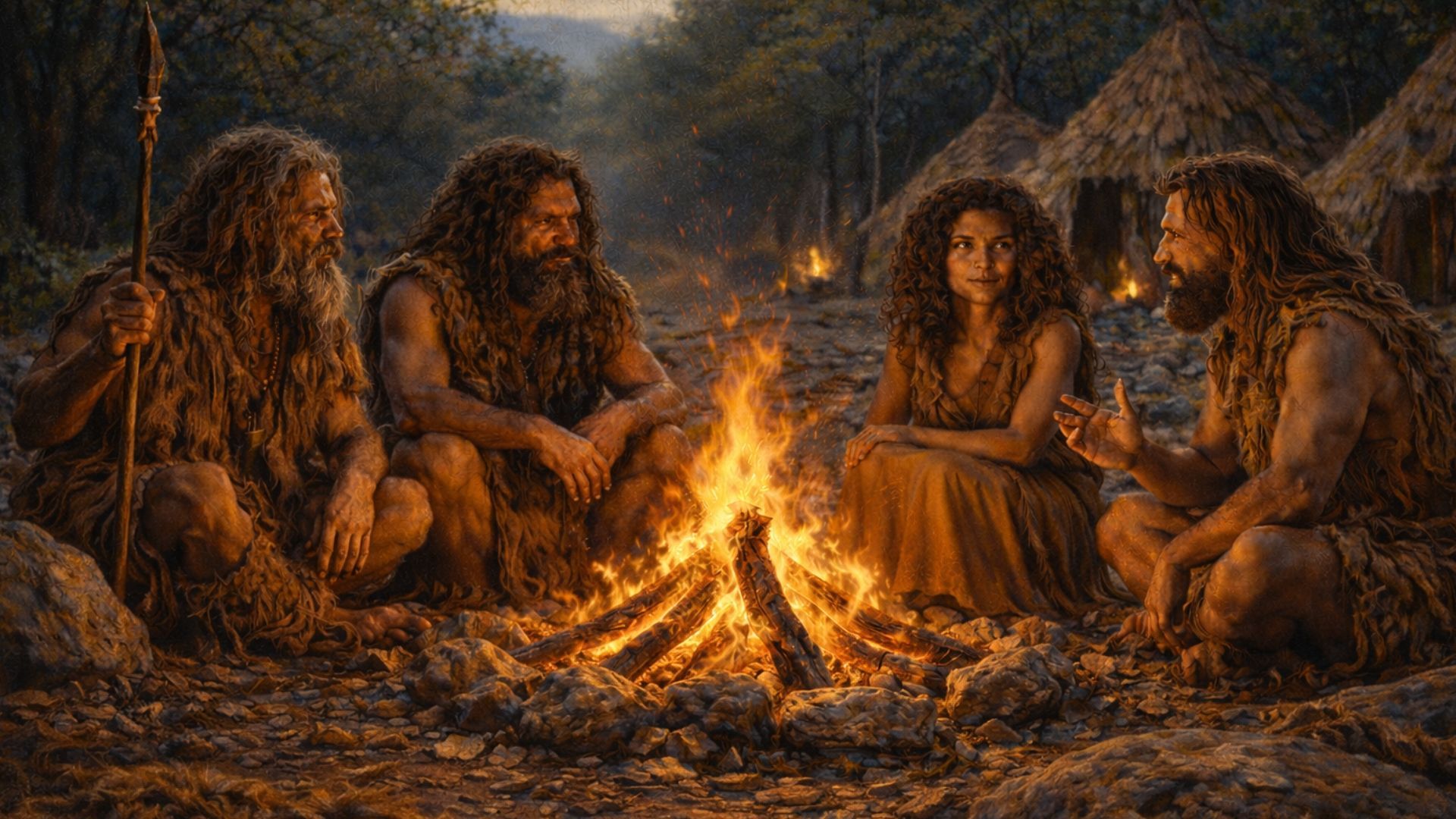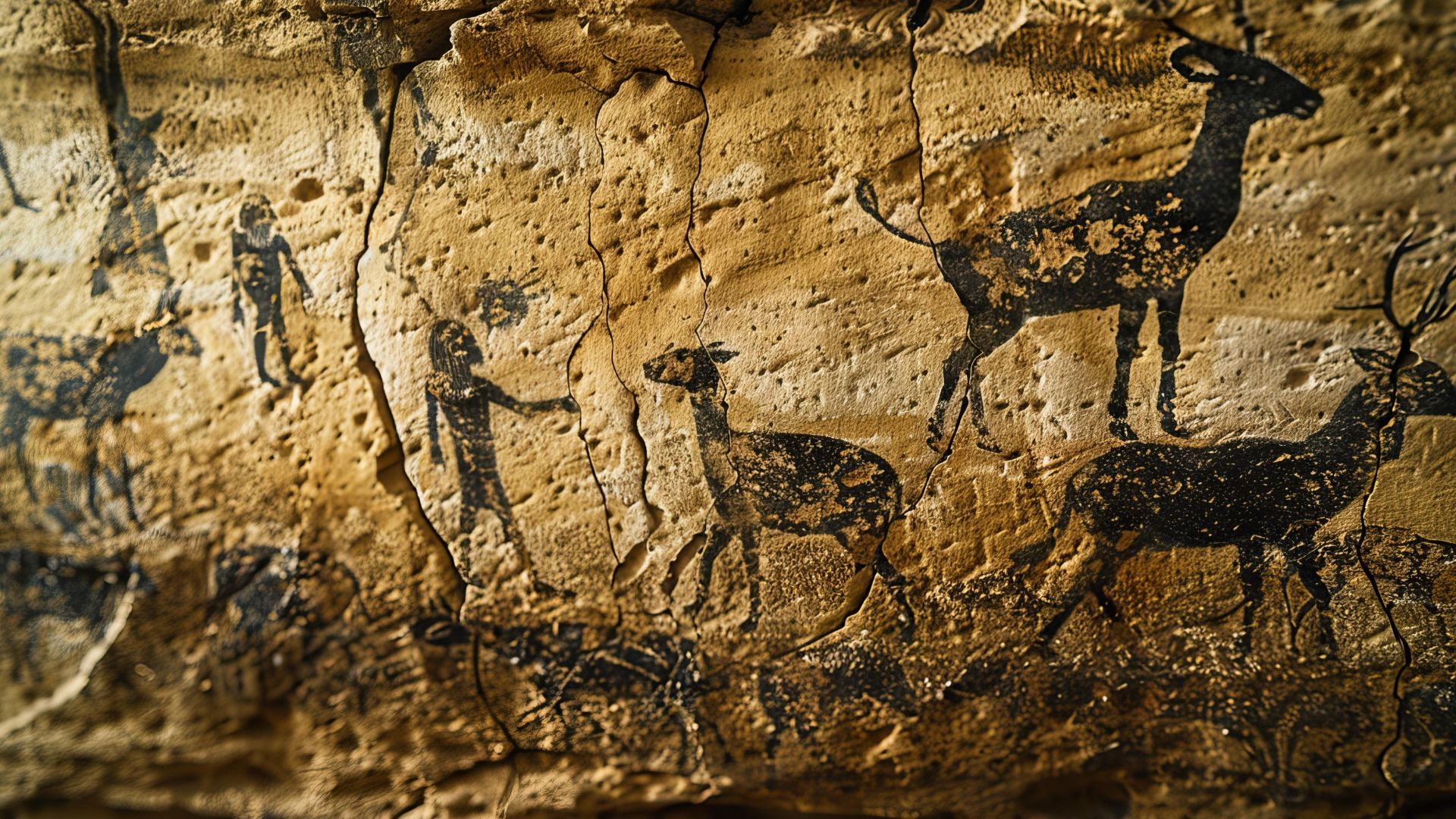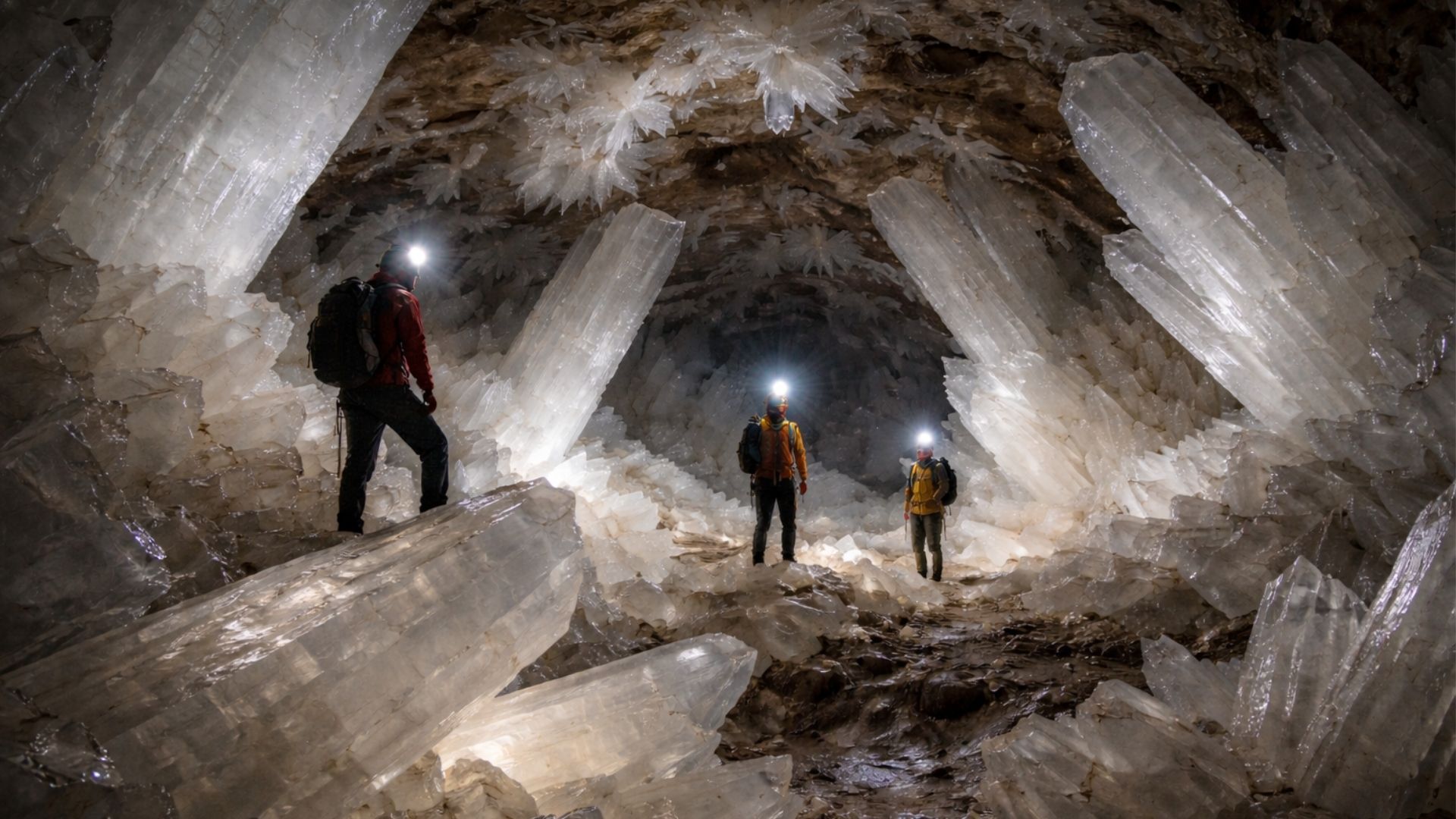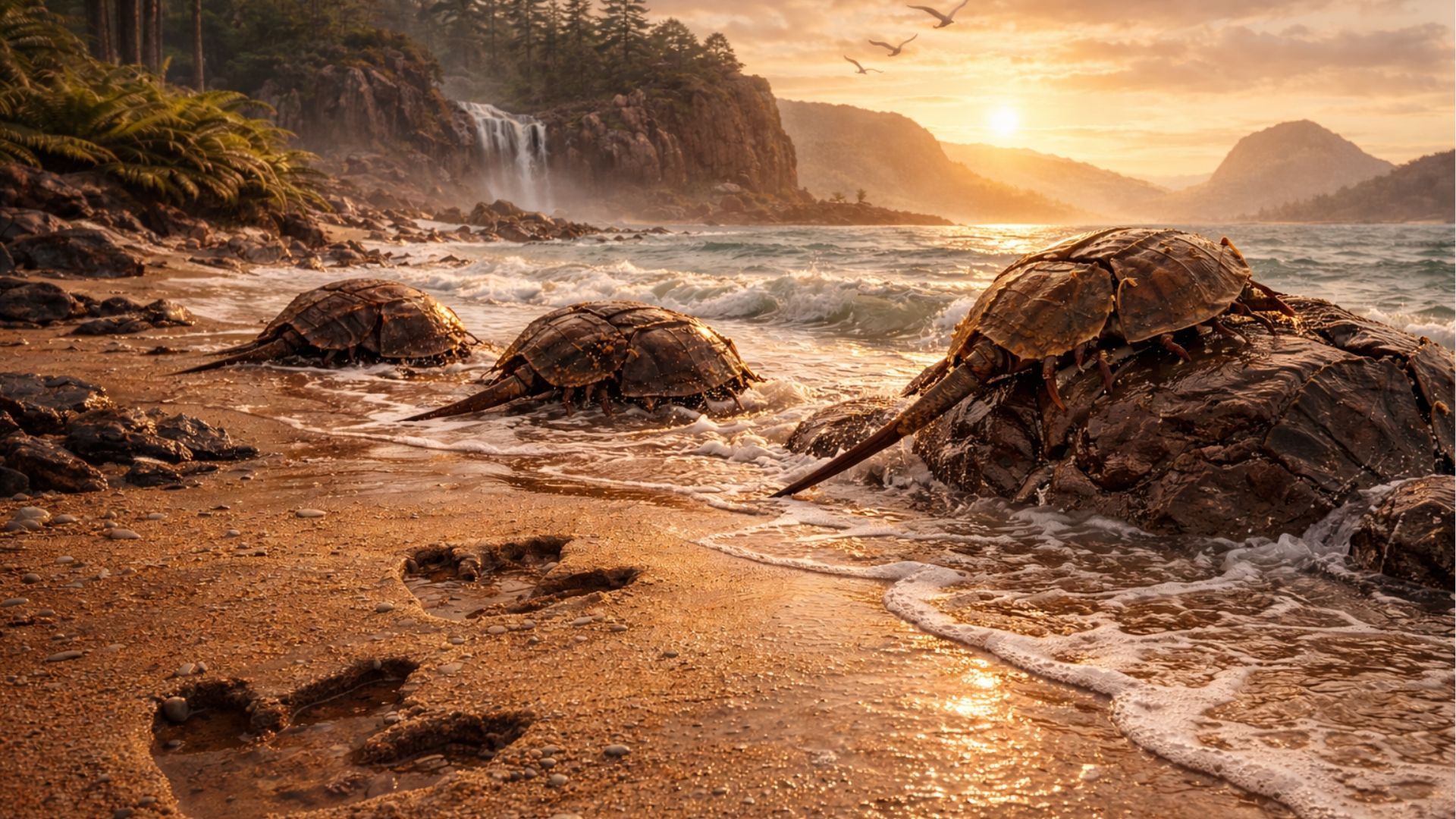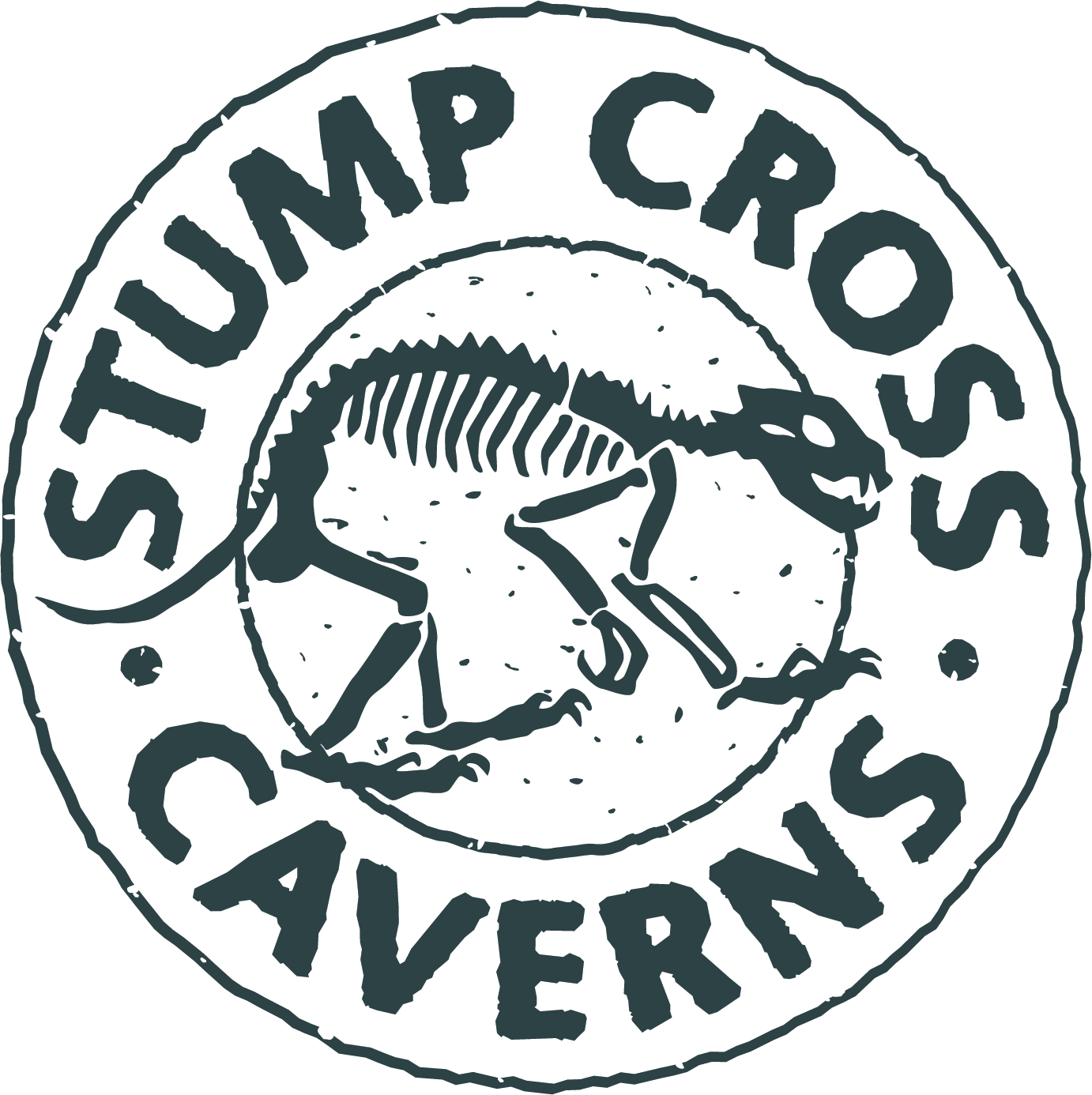Is a sixth ocean forming within the Indian Ocean? Some geologists certainly think so. Let's dive in.
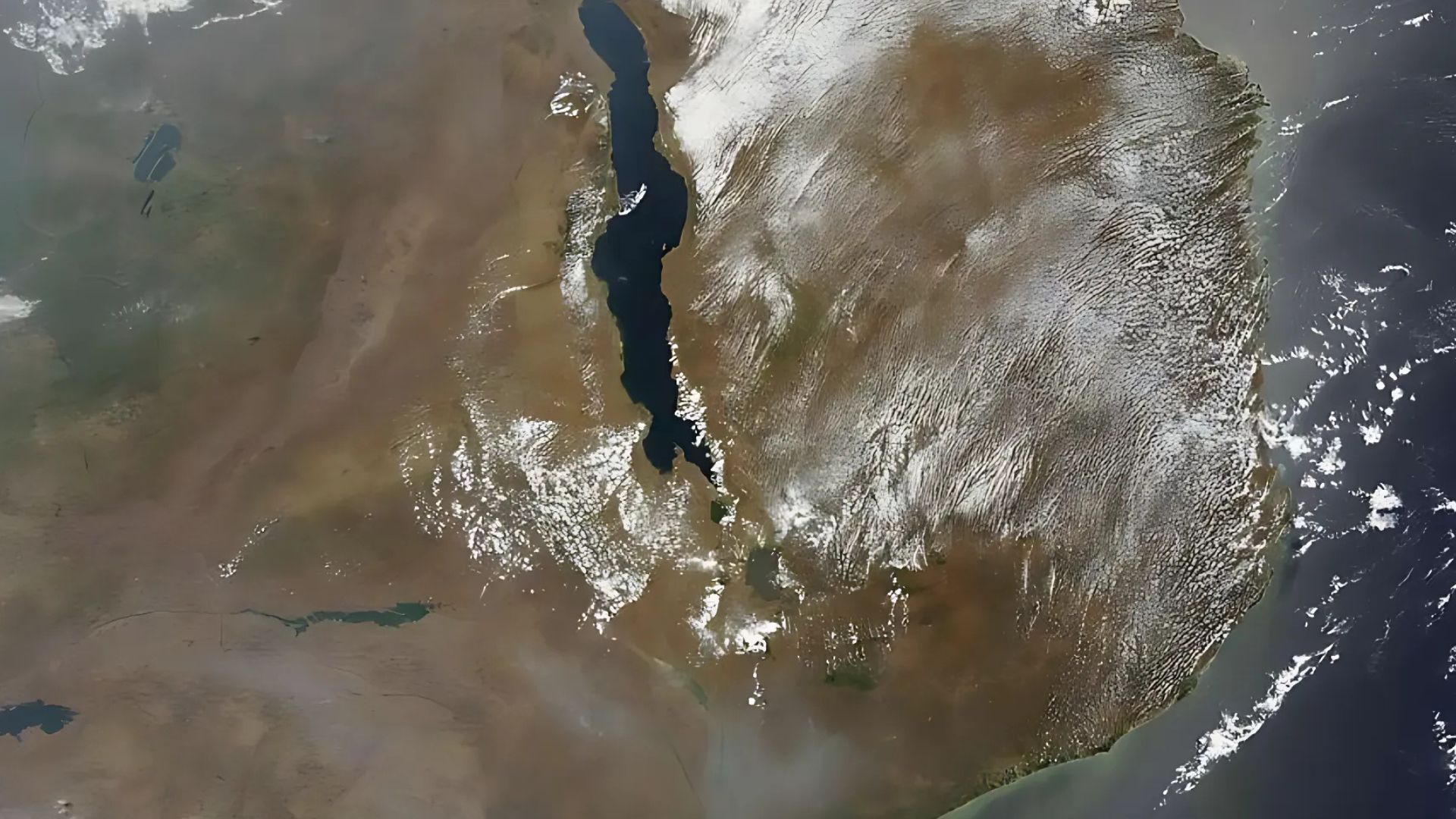
Science books will tell you there are five oceans: the Pacific Ocean, the Atlantic Ocean, the Indian Ocean, the Arctic Ocean and the Southern or Antarctic Ocean.
And at the time of writing, they're spot on. But if we're still around in five to 10 million years, those scientists might tell a different story.
This is because of a long crack emerging in the east of Africa – the so-called "East African Rift". This 35-mile-long fissure is slowly, slowly expanding. In time, it could break up the continent and form a new ocean.
This is all because of tectonic plate movements. These massive pieces of the Earth's crust drift on the semi-fluid mantle. You may think that the land you stand on is stationary. But in fact, it's moving all the time.
We only become aware of tectonic plates when disaster strikes in the form of earthquakes or volcano eruptions. But these mighty plates have created mountain ranges, ocean trenches – and oceans themselves.
Since the planet's dawn, supercontinents have formed and broken up. Now that humans have so fully inhabited and changed the world, it can be tempting to think these processes are finished. But they're not. Scientists predict future supercontinents. Whether we'll be around to see them is another matter.
In East Africa, the Somalian tectonic plate is gradually separating from the larger Nubian tectonic plate. This is the biggest rift of its kind since South America and Africa split hundreds of millions of years ago.
But like we say, it will take another five to 10 million years to completely sever. It's currently moving at a rate of just a few millimetres a year. But it's incredible to think that one day, there could be a sixth ocean on Planet Earth.
What is the East African Rift System?
When old tectonic plates split apart, new plates are created. These create new land masses and new channels for the sea.

The continent of Africa is mostly made up of the Nubian and Somalian plates. These meet the Arabian plate in the Afar region of Ethiopia. It's here that a slow-motion fracture is occurring.
The Nubian and Somalian plates are drifting away from each other and also away from the Arabian plate to the north. Most of the rifting is taking place in the Horn of Africa – but it's stretching down into Kenya, Tanzania and the Great Lakes.
It's incredible to think that, one day, landlocked countries like Ethiopia and Uganda could have coastlines. What this could mean for humans is a huge, complex question. Arid lands could become marine environments. Whatever human life looks like in five to 10 million years, humans will have to adapt to this new ocean and these new lands.
Is there a sixth ocean underground?
The Earth may one day have a sixth ocean on its surface. But could there already be a sixth ocean deep underground?
Scientists at Northwestern University believe so. They've found a pool of water deep within the Earth's mantle. The water is trapped in a blue rock formation called ringwoodite. This is a mineral formed under extreme pressure underground.
Ringwoodite is like a crystal sponge. Its molecular structure lets it soak up water and hydrogen.
Sure, this isn't an "ocean" in the everyday sense of the word. But its ramifications for geology are huge. Researchers argue that this water plays a critical role in maintaining the stability of oceans.
When did the Earth's oceans form?
Planet Earth is around 4.6 billion years old. It was formed from a mixture of dust and gas around the sun, growing larger as other planets, asteroids and dust particles collided in space.
Our oceans formed shortly after the planet's formation. Volcanic activity released water vapour. As the planet cooled, this condensed into early oceans. Cometary impacts played a similar role.
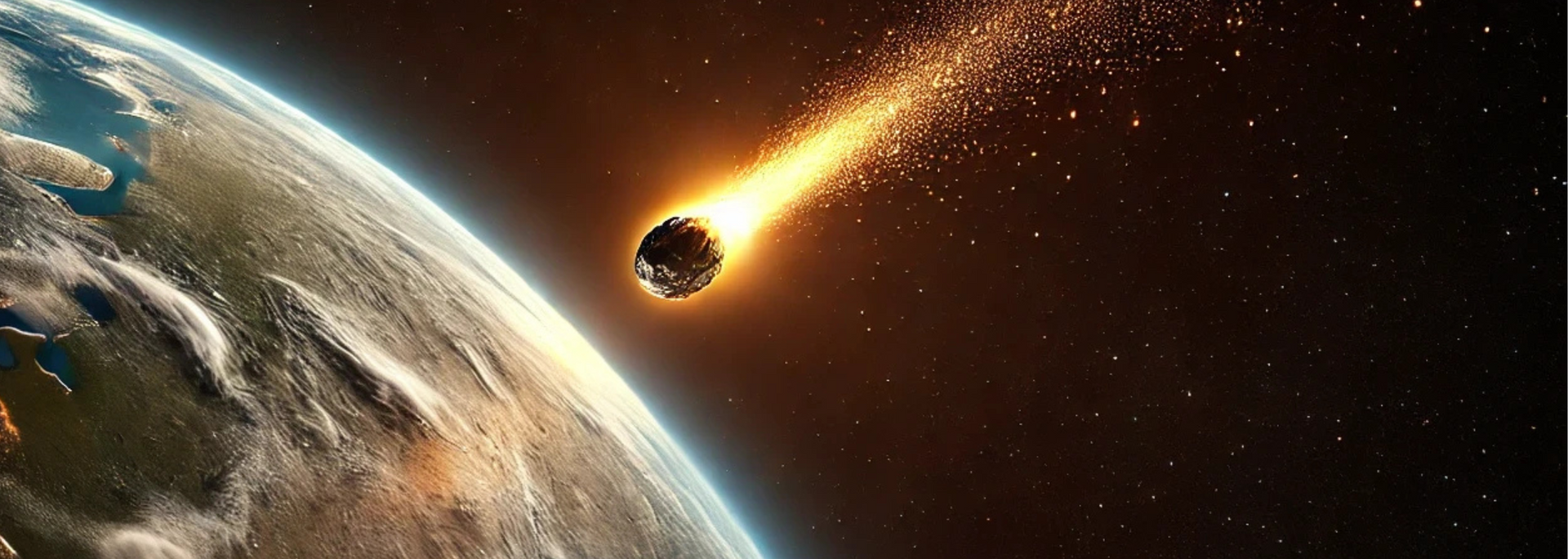
Oceans helped stabilise the Earth's climate. Without them, early life wouldn't have evolved around 3.8 billion years ago.
The land masses on planet Earth have changed over time. As supercontinents form and break up, new oceans are formed and reformed.
And the story isn't over yet.
Take the Pacific Ocean. Did you know that it's shrinking? Two tectonic plates are colliding in slow motion, forcing one plate to dive under the other. It's believed the ocean will close entirely in around 300 million years.
What makes an ocean an ocean?
At this point, you might be wondering what the difference is between a sea and an ocean. Is it simply a matter of size?
Seas are smaller bodies of water than oceans, yes. But they also tend to be partially enclosed by land. The Sargasso Sea is the exception – a region of the Atlantic Ocean defined by ocean currents alone.
The Pacific is the world's largest and deepest ocean. It covers a whopping 637 million square miles and contains more than half of the world's water.
For a long time, there were four oceans: the Atlantic, the Pacific, the Indian and the Arctic. Today, however, most countries recognise the Southern (Antarctic) Ocean as the fifth ocean.
Strictly speaking, of course, there's only one ocean. Humans have laid down markers, but the water flows over them, just as winds blow over the borders of our ever-changing nations.
About us
Here at Stump Cross Caverns, we're fascinated by our prehistoric past. How couldn't we be? Our caves are more than 500,000 years old. Each stalagmite and stalactite took thousands of years to form.
If you want to step into a time machine, why not take the 60 steps down into the caverns? We guarantee you a fantastic
day out in Yorkshire that you won't forget in a hurry. It's quick and easy to
book your tickets online.


